|
As spring blooms, the battle against allergy season begins. Chinese medicine has an extensive clinical history and success rate in treating allergies. In this guide, we will delve deeper into acupuncture, Chinese herbal medicine, dietary recommendations, and acupressure techniques to keep allergies at bay. Understanding Spring Allergies: Spring allergies, often triggered by pollen from blooming flowers, trees, and grasses, can leave us feeling less than lucky. Sneezing, congestion, and itchy eyes become our unwelcome companions. Chinese medicine offers a holistic approach to combat these symptoms and restore balance within the body. The Role of Chinese Medicine: Chinese medicine views allergies as a manifestation of imbalances within the body, often exacerbated by external factors such as pollen. Here's how you can harness its power: 1. Acupuncture: Acupuncture, an ancient practice rooted in traditional Chinese medicine, emerges as a powerful ally in the battle against allergies. With its origins dating back thousands of years, this holistic therapy offers a unique approach to alleviating allergic symptoms. By stimulating specific points along the body's meridian pathways with fine needles, acupuncture aims to restore balance and harmony to the body's energy flow, known as Qi. For allergy sufferers, this means targeting key points to regulate the immune response, reduce inflammation, and promote overall well-being. Beyond mere symptom relief, acupuncture addresses the root causes of allergies, offering a natural and sustainable solution. Its gentle yet profound effects make it a favored choice among those seeking relief from seasonal or chronic allergies, providing a path to clearer breathing, improved quality of life, and a renewed sense of vitality. 2. Herbal Medicine: One potent herbal recipe to try at home is a decoction of xin yi hua (Magnolia Flower), ju hua (Chrysanthemum Flower), and bo he (Peppermint). Simply steep these herbs in hot water to create a soothing tea that helps alleviate nasal congestion and soothe irritated sinuses. 3. Dietary Recommendations: Incorporating anti-inflammatory foods into your diet can help support your body's resilience against allergens. Include plenty of leafy greens like kale and spinach, along with ginger and garlic, known for their immune-boosting properties. Limiting dairy, sugar, and greasy foods can also help reduce inflammation. Here are some key foods to consider incorporating into your diet alongside herbal remedies: 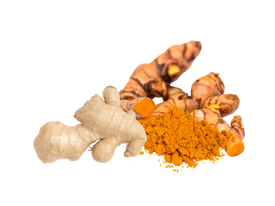
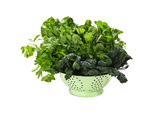
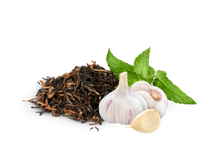
4. Acupressure Points: For quick relief from allergy symptoms, try stimulating LI-4 (Hegu) and Yintang acupressure points. LI-4, located between the thumb and index finger, helps relieve sinus congestion, while Yintang, between the eyebrows, can ease headaches and promote relaxation. 5. Alternative Healing Practices: In addition to herbal remedies and dietary changes, consider incorporating alternative healing practices like qigong and tai chi into your routine. These gentle exercises promote relaxation, reduce stress, and enhance overall well-being, strengthening your body's resistance to allergens. As you welcome the arrival of spring, remember that you hold the power to combat seasonal allergies with the wisdom of Chinese medicine. Book your appointment today! Find out more about how Acupuncture and Chinese Herbal Medicine can help you enjoy a beautiful spring! The information presented in this blog post is for educational purposes only and is not intended to diagnose, treat, or cure any medical condition. It is recommended that you seek the advice of a licensed healthcare professional before beginning any proposed treatment or making any changes to your healthcare regimen.
0 Comments
|
Archives
July 2024
Categories |

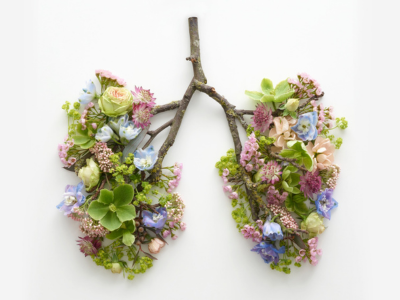
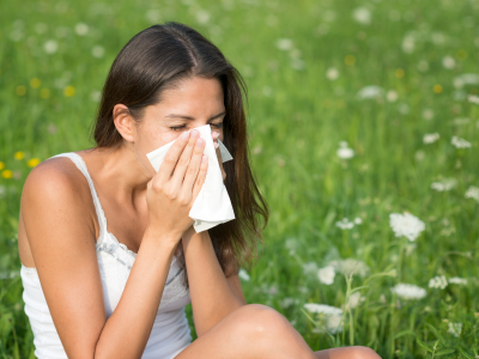
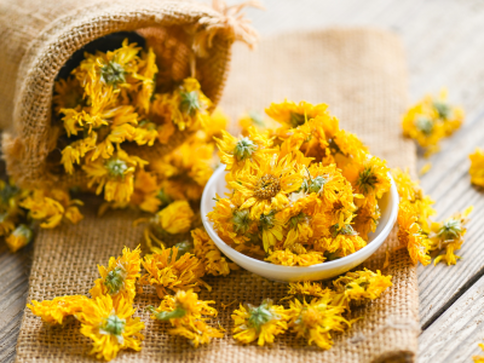
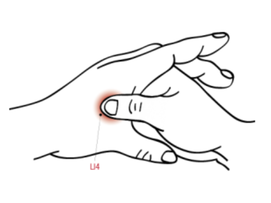
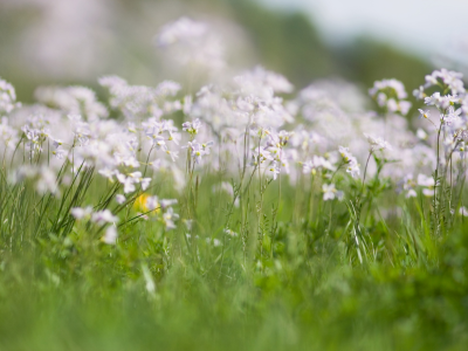
 RSS Feed
RSS Feed